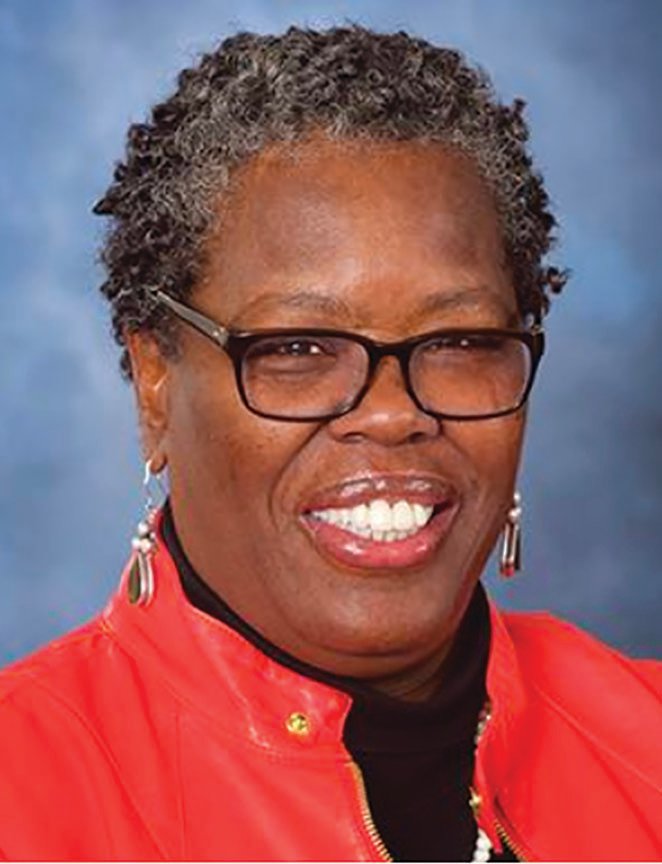Opinion: Opening prematurely endangers workers in communities of color

D-Orangeburg
The notion of "re-opening" our economy presumes that, prior to COVID-19, the U.S. economy was "open" for every American. People of color have a different economic reality. While every American continues to face the danger of infection and death from the coronavirus, many Americans of low to moderate income struggle with the additional challenge of an economy that never, or rarely, worked for them or for their families in the first place. In our pre-COVID-19 economy, far too often these Americans had to choose between paying medical bills and rent or putting food on the table. And they were the least resilient to withstand the fluctuations of the American economy because they were usually the workers who were last hired and first fired.
Service workers who are typically ignored, invisible and underpaid are now deemed "essential" by those more interested in saving the economy than in the welfare of service workers or patrons. Workers from communities of color are disproportionately represented in high-risk, frontline occupations and are far less likely to be holding jobs that allow them to work while they shelter in place. Additionally, income and wealth disparities result in workers from communities of color being the least likely to have the financial means to withstand sustained unemployment. Therefore, these folks are being put back in the same position they were in before COVID-19, which is no solution at all.
Any decision to reopen the U.S. economy must be based on a strategy that works for all Americans and on the achievement of discernable benchmarks. The president and his administration claim that our current economic downturn is a result of a medical crisis. It stands to reason that the medical crisis should be significantly mitigated before the reopening of the economy and risking of more American lives. Presently, the current level of testing, tracing and isolation protocols, as well as the lack of clear community-specific mitigation strategies, suggests that we are not ready for a widespread reopening of our economy. To do so absent such a strategy reeks of being penny wise and pound foolish.
Occasionally, tragedy brings about an opportunity for us to correct injustice. This may be one such instance. Even though in this case the catalyst for developing a more equitable economy is an invisible enemy, let us not squander the chance to use it to correct longstanding past inequities. By working together, our state legislators and governors can build a more equitable, diverse and inclusive economy while protecting those workers and families who need it the most. NBCSL rejects the notion that we must choose between a human life and a dollar.
Rep. Gilda Cobb-Hunter represents South Carolina District 66 and is the president of the National Black Caucus of State Legislators, the nation's premier organization representing and serving the interests of African-American state legislators with more than 700 members representing more than 60 million Americans.
More Articles to Read
